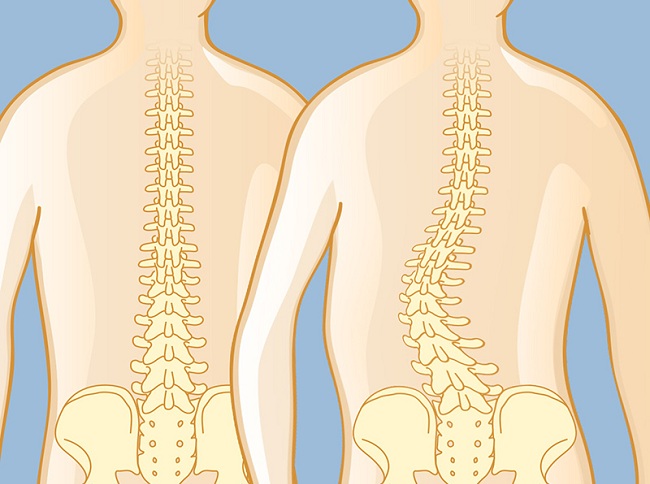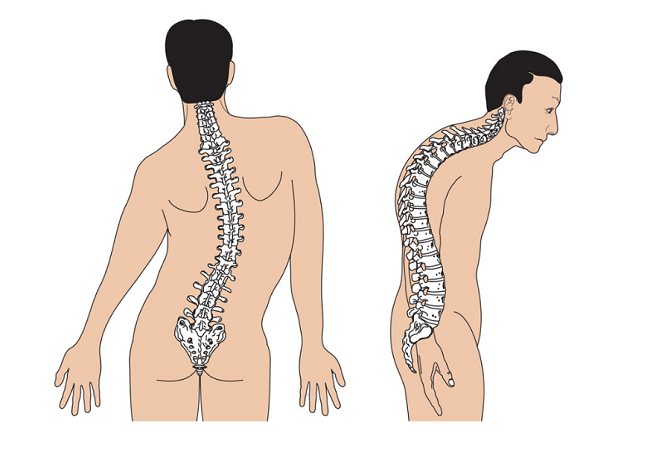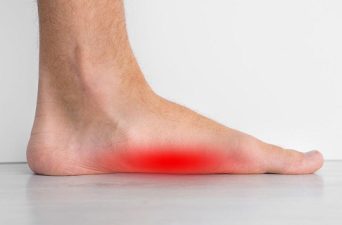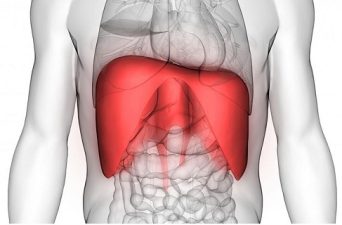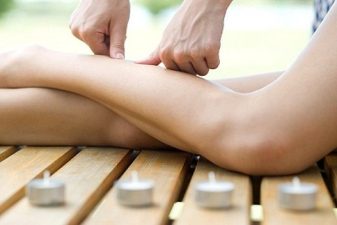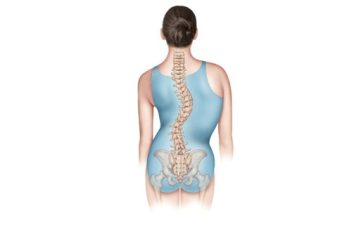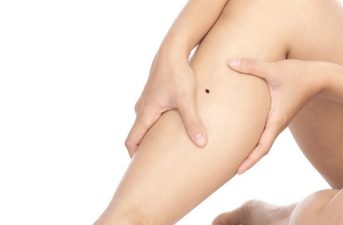Scoliosis, characterized by a sideways curvature of the spine, presents a complex picture with a myriad of causes. Understanding what underlies this condition is essential to foster effective management and prevention strategies. In this blog post, we delve deep into the diverse causes of scoliosis ranging from congenital factors to adult onset influencers.
The Various Facets of Scoliosis Causes
Congenital Scoliosis Causes
Congenital scoliosis occurs due to a spinal defect present at birth. The causes could be malformation, where the vertebrae do not form correctly, or segmentation failure, where the vertebrae do not separate appropriately. Understanding these nuances is pivotal in delineating the therapeutic pathway for infants born with this condition.
Idiopathic Scoliosis Causes
Idiopathic scoliosis, occurring without a known cause, is the most common type. While it predominantly affects adolescents, it can indeed occur at any age. Researchers speculate that it could be related to genetic factors, although the exact cause remains elusive.
What Causes Scoliosis in Adults
Adult onset scoliosis is usually a progression of an undiagnosed childhood condition. However, it can also originate due to spinal degeneration, osteoporosis, or due to surgeries and traumas affecting the spine.
Lifestyle and Postural Influences
Can Bad Posture Cause Scoliosis?
While bad posture can lead to back pain and other complications, it is generally not seen as a direct cause of scoliosis. Scoliosis involves structural changes to the spine, which are not induced by poor posture alone.
Can Slouching Cause Scoliosis?
Similar to bad posture, habitual slouching can exacerbate existing back issues and create muscular imbalances but doesn’t directly cause scoliosis. However, it is essential to promote good posture to prevent other spinal problems.
Medical Conditions and Scoliosis
How Does Cerebral Palsy Cause Scoliosis? Individuals with cerebral palsy are at a heightened risk of developing scoliosis. This arises due to the muscular imbalances and motor function impairments that characterize cerebral palsy, which can exert irregular forces on the spine, promoting curvature.
Genetic Underpinnings of Scoliosis
Is Scoliosis Hereditary? Yes, scoliosis can have a hereditary component. If a family member has scoliosis, the risk of developing the condition is higher. Current research points to the influence of multiple genes in the development of idiopathic scoliosis, although the exact genetic markers are yet to be pinpointed.
Conclusion
Scoliosis, a complex condition with a multifactorial genesis, demands a nuanced understanding. While congenital and idiopathic scoliosis represent the unknown and unpredictable factors, understanding the potential role of lifestyle habits such as posture and the impact of conditions like cerebral palsy can guide preventive efforts. Furthermore, the hereditary nature of scoliosis underpins the necessity of early screening in individuals with a family history of the condition.
Armed with knowledge, we can steer towards proactive strategies in managing and preventing scoliosis, fostering a future with healthier spines and enhanced quality of life.


